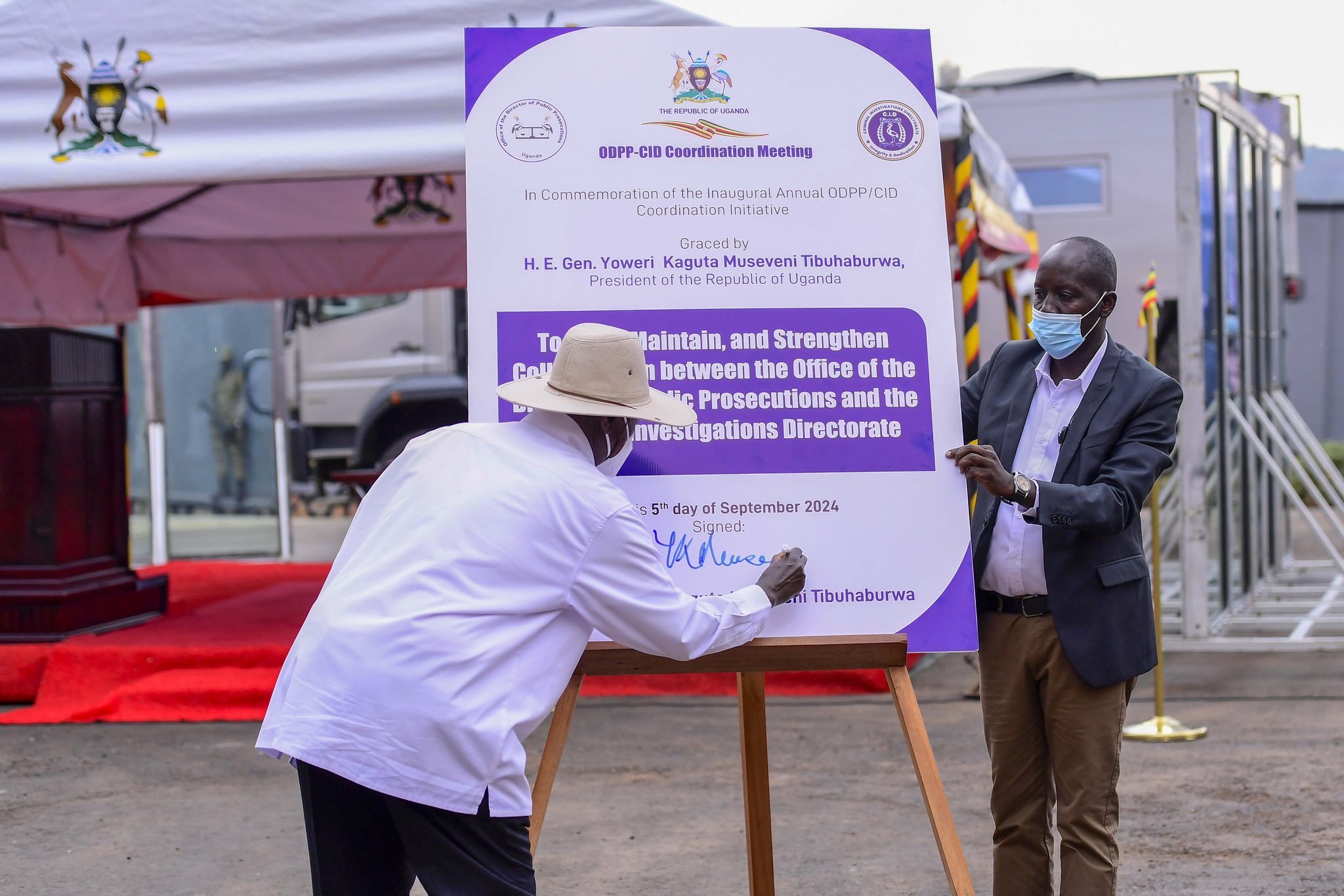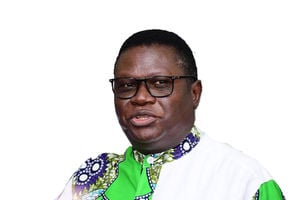Address failures in security system

President Museveni closes the first annual meeting of the Office of the Director of Public Prosecutions (ODPP) and Criminal Investigations Department (CID) at the CID headquarters in Kibuli Kampala on September 5
What you need to know:
The engagement of local communities in crime prevention should be emphasised.
Uganda’s crime-fighting strategy must include greater collaboration between law enforcement agencies and the public, where citizens feel empowered to report crimes and trust that their concerns will be addressed.
President Museveni’s recent admission of failures in his anti-crime strategy signals a critical juncture in Uganda’s ongoing battle against insecurity.
After years of initiatives aimed at curbing criminal activities, the persistence of crime remains a pressing issue that threatens not only the safety of Ugandans but also the credibility of the government’s approach to law enforcement. This moment of reflection provides an opportunity for the government to re-evaluate its policies and chart a more effective path forward. The President’s strategy, launched with high hopes, has encountered significant obstacles, with the rise in cases of violent crime, especially murders, robberies, and kidnappings, dominating national headlines. Despite increased investments in technology, such as closed-circuit television (CCTV) cameras in major towns, crime rates remain high. While surveillance efforts have yielded results, they are clearly not sufficient. Criminals have found ways to evade these measures, and in some instances, security personnel have been implicated in illegal activities, undermining the very infrastructure tasked with protecting the public.
What stands out is not just the failure of the mechanisms in place but the President’s acknowledgment that these shortcomings exist. Mr Museveni’s call for reforms, including better training for security personnel and improved intelligence-gathering, must be taken seriously. A more proactive, intelligence-driven approach could help predict and prevent crimes before they occur. But beyond the technicalities, there is a need for the government to address deeper societal issues that contribute to crime such as poverty, unemployment, and inadequate social services. Crime cannot be eradicated through policing alone; it requires a holistic approach that tackles its root causes.
Furthermore, the engagement of local communities in crime prevention should be emphasised. Uganda’s crime-fighting strategy must include greater collaboration between law enforcement agencies and the public, where citizens feel empowered to report crimes and trust that their concerns will be addressed. In many areas, public trust in the police remains low, and rebuilding this trust is essential for effective law enforcement.
As Uganda approaches the 2026 elections, public safety will undoubtedly be a central concern. It is imperative that the government demonstrates tangible progress in combating crime, not just through the implementation of new policies but by showing real, measurable results. The future of Uganda’s security lies not only in the strategies put forth by its leaders but in their ability to adapt, reform, and respond to the ever-evolving nature of crime. In light of Mr Museveni’s candid assessment, there is hope that this acknowledgment will lead to a more comprehensive, multi-pronged anti-crime strategy, one that addresses the gaps in the current system while fostering a more secure and just society for all Ugandans.




